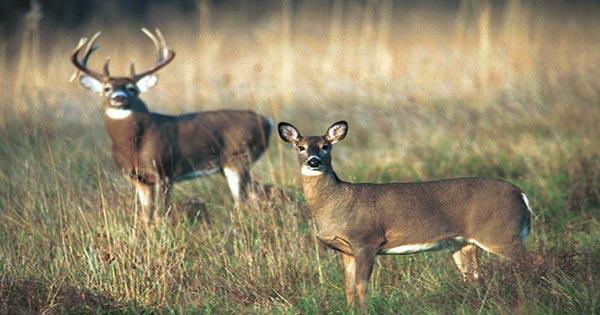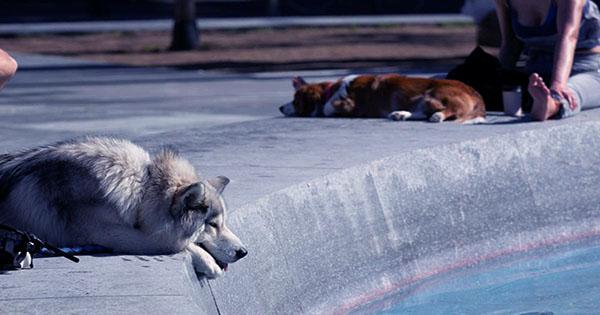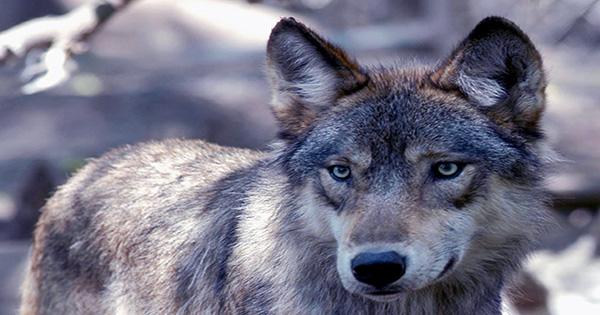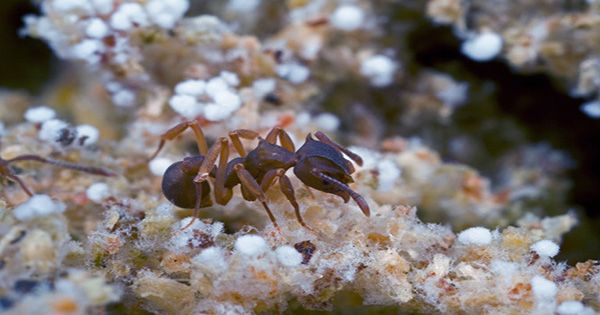SARS-CoV-2, the coronavirus that causes COVID-19, has been discovered to spread like wildfire among white-tailed deer in regions of the United States, according to scientists. While it has, yet been unknown if the virus may spread from deer to people, the results might have serious consequences for the pandemic’s progression. From April to December 2020, scientists tested 283 white-tailed deer in Iowa, 151 in the wild, and 132 in captivity, for SARS-CoV-2. They discovered that the virus had infected 33 percent of the animals. A staggering 82.5 percent of the 97 tests obtained between November 23, 2020, and January 10, 2021, were positive.
The study was published on the pre-print platform bioRxiv earlier this month, but it has not yet been peer-reviewed. A large number of cases, as well as their dispersion, implies that the virus passed from people to deers numerous times before spreading widely through deer-to-deer transmission. Fortunately, the illnesses looked to be asymptomatic, and the deer did not appear to be suffering.
Previous research has come to similar conclusions. According to studies released in August, up to 40% of wild deer in Illinois, New York, Michigan, and Pennsylvania tested positive for antibodies against SARS-CoV-2. Despite the fact that human-to-deer and deer-to-deer transmission are both feasible, neither of the research found evidence of deer-to-human transmission.
However, if the virus can spread from deer to humans, this poses a serious threat. For starters, it raises the prospect that deer might serve as a natural reservoir for the virus, silently retaining the infection and causing future COVID-19 outbreaks in humans. Second, and possibly most concerning, it may encourage the development of new varieties.
“In theory, infection of a non-human animal host with SARS-CoV-2 might result in it becoming a reservoir that drives the formation of novel variations with the danger of spillover to people,” the report states.
For the time being, all of this is hypothetical, and further research is required, although the risk to people is regarded to be negligible. “Currently, there is no indication that animals have a substantial role in propagating SARS-CoV-2, the virus that causes COVID-19, to people,” the US Department of Agriculture told IFLScience in August. The danger of COVID-19 being transferred to humans by animals, such as deer, is minimal.” The presence of deer is not the only source of concern. Many animal species, according to researchers, might develop the sickness. SARS-CoV-2 has been found in cats, dogs, tigers, mink, and a variety of other animals thus far.
















